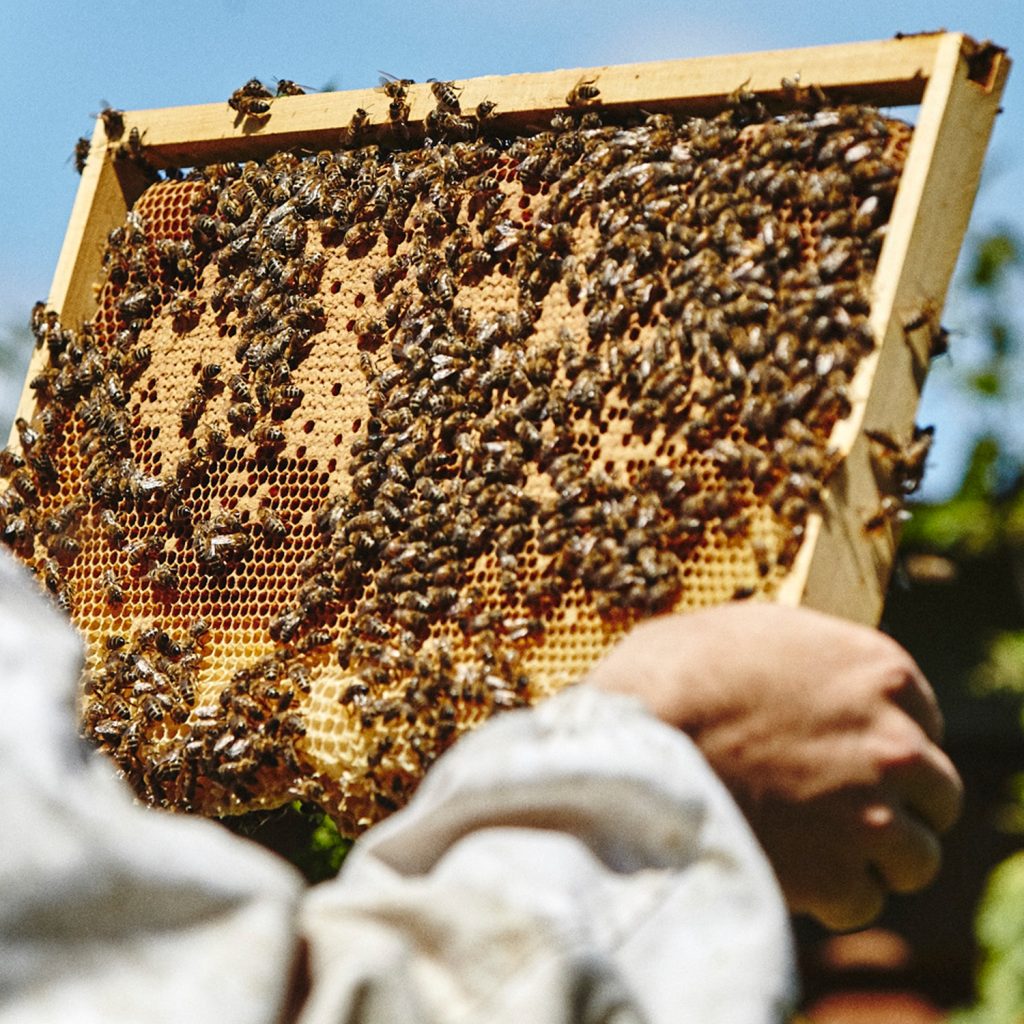The option of bees on the market plays an essential position in promoting agriculture, biodiversity, and environment health. Beekeeping has for ages been acknowledged as crucial for pollinating crops, ensuring food protection, and sustaining healthy ecosystems. As a result, the purchase of bees provides a diverse array of clients, from commercial farmers to amateur beekeepers and also conservationists. These bees aren’t only commodities; they are crucial contributors to global food production and environmental sustainability.
Bee revenue encompass numerous species, with darling bees being the absolute most frequently traded. Nevertheless, native bee species like bumblebees and solitary bees may also be increasingly wanted after because of their pollination services. The selection in bee species designed for purchase reflects the growing acceptance of their particular benefits to ecosystems and the requirement to help a variety of pollinators for extensive agricultural and ecological health.
The method of selling bees involves more than simply handing over a hive; responsible companies prioritize medical and welfare of these colonies. This entails breeding bees for attractive qualities such as condition opposition, honey production, and docility. More over, reputable suppliers offer advice and support to clients, particularly novices to beekeeping, to make sure they’ve the data and resources had a need to take care of their bees effectively.
Regional bee revenue are particularly valuable for maintaining regional biodiversity and environment resilience. When clients obtain bees from local suppliers, they are investing in bees used to the particular climatic and environmental problems of the region. This local strategy not only supports the genetic selection of bee populations but additionally decreases the chance of presenting unpleasant species or diseases from different regions.
The sale of bees stretches beyond simple transactions; it fosters an expression of neighborhood and relationship among beekeepers, farmers, and environmental enthusiasts. Many bee manufacturers manage workshops, instruction periods, and neighborhood events to educate consumers and promote most readily useful methods in beekeeping and pollinator conservation. These initiatives support construct a network of informed and engaged individuals committed to supporting bees and keeping their habitats.
Moreover, the sale of bees contributes to regional economies by generating money for beekeepers and promoting connected industries such as for instance agriculture, horticulture, and apiculture equipment manufacturing. As demand for pollination solutions remains to increase, bee sales provide opportunities for economic free shipping Illinois honey bee supplies and job generation in rural and towns alike.
However, the purchase of bees also raises moral concerns, particularly concerning the welfare of bees and their potential affect indigenous ecosystems. Responsible beekeeping practices, such as for instance illness management, hive health, and habitat storage, are important for minimizing negative impacts and marketing the well-being of both managed and wild bee populations.

To conclude, the sale of bees is a multifaceted project that intersects agriculture, ecology, economics, and ethics. By encouraging responsible bee companies, customers not merely access important pollination services but in addition donate to the conservation of bees and the ecosystems they support. Through effort, education, and stewardship, bee income may function as a catalyst for sustainable agriculture and environmental stewardship in areas worldwide.



